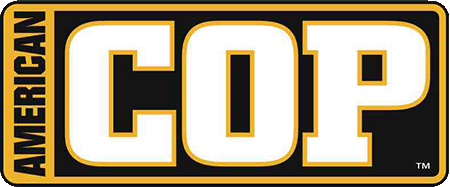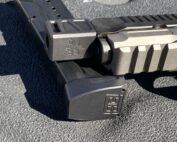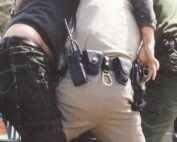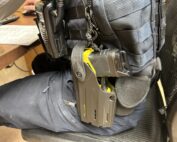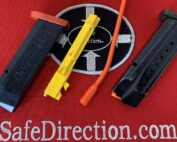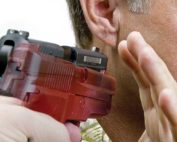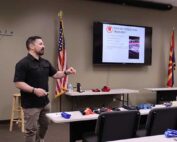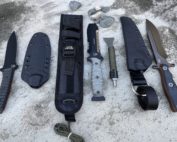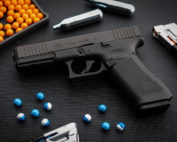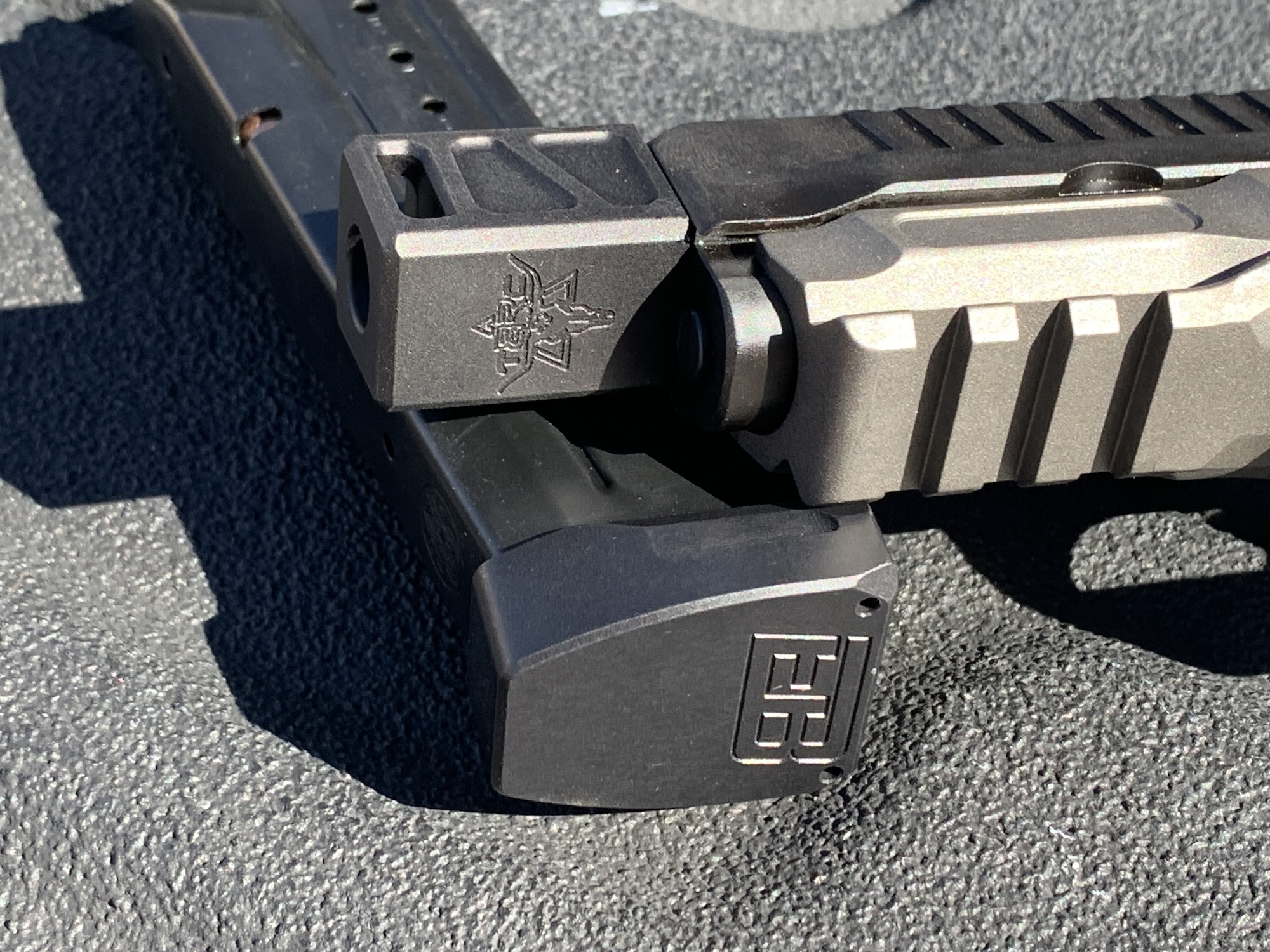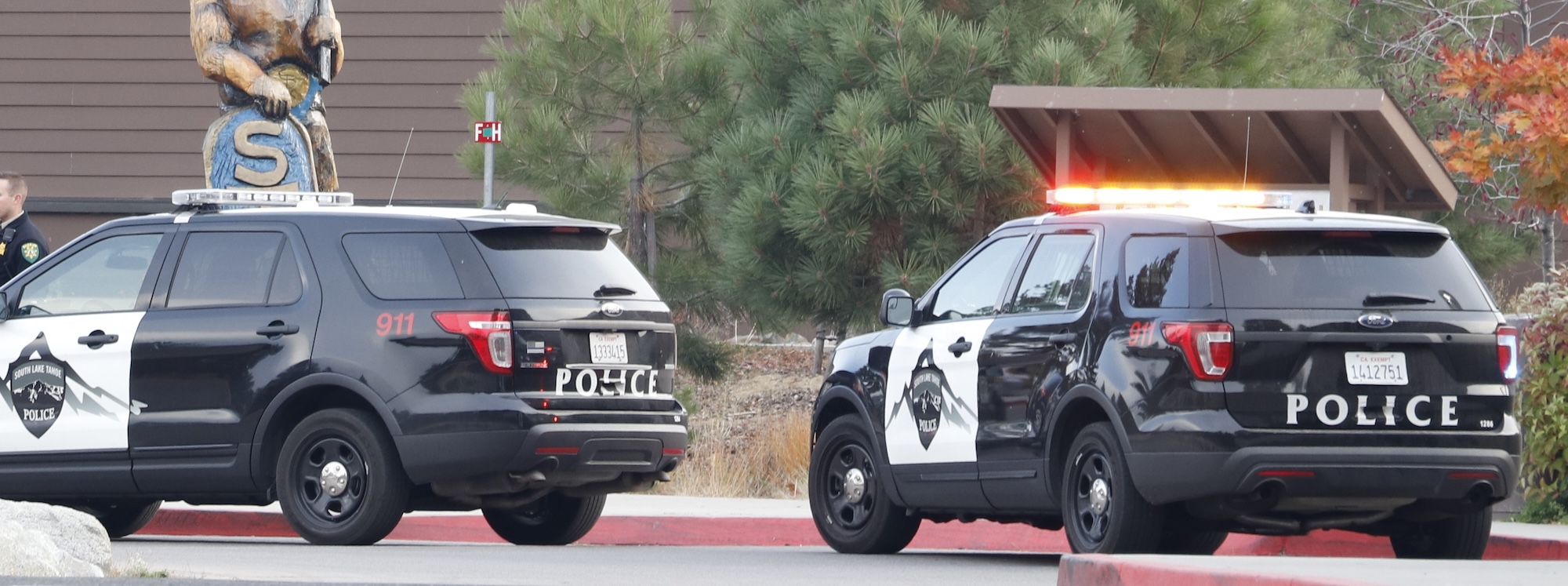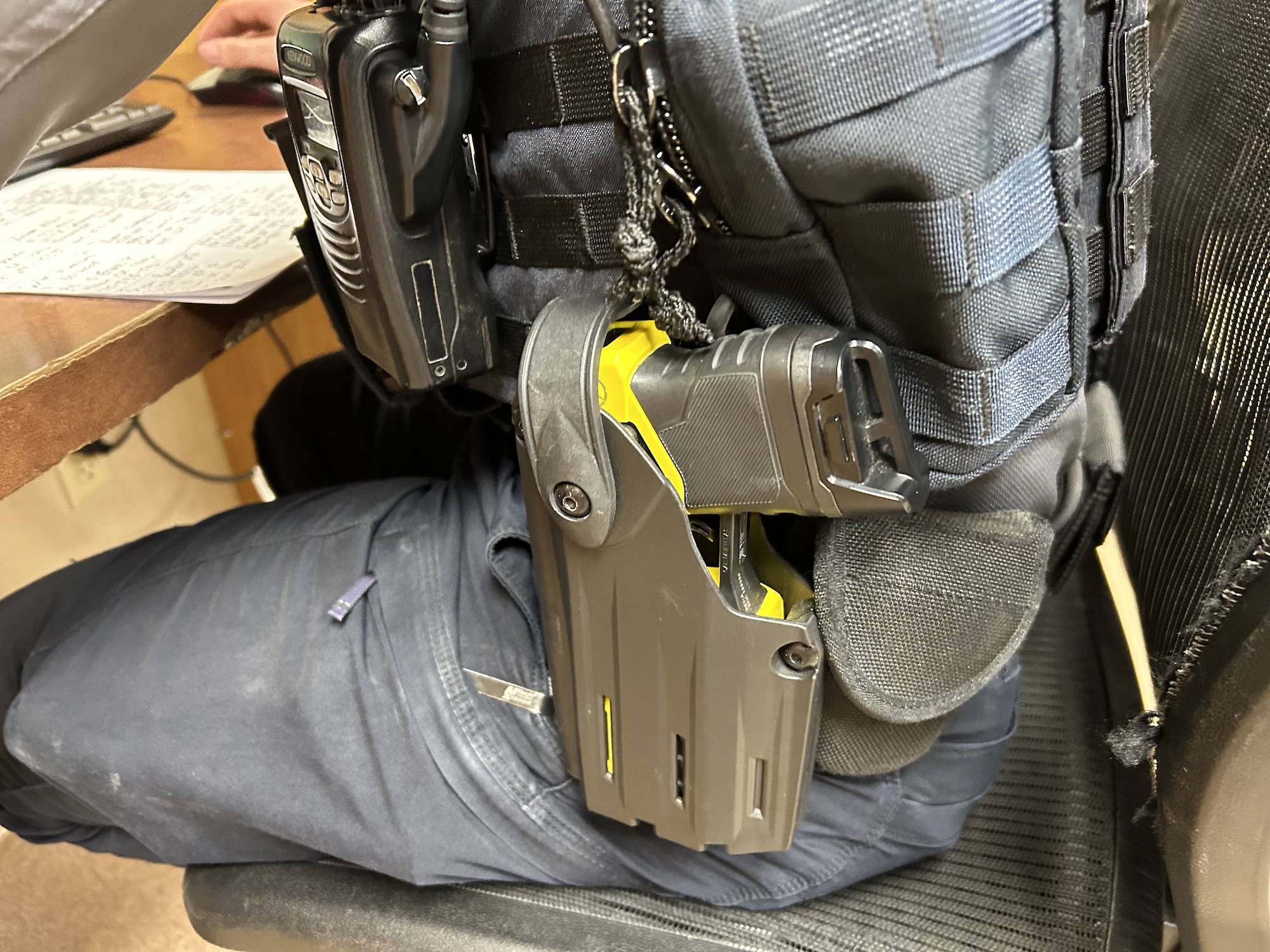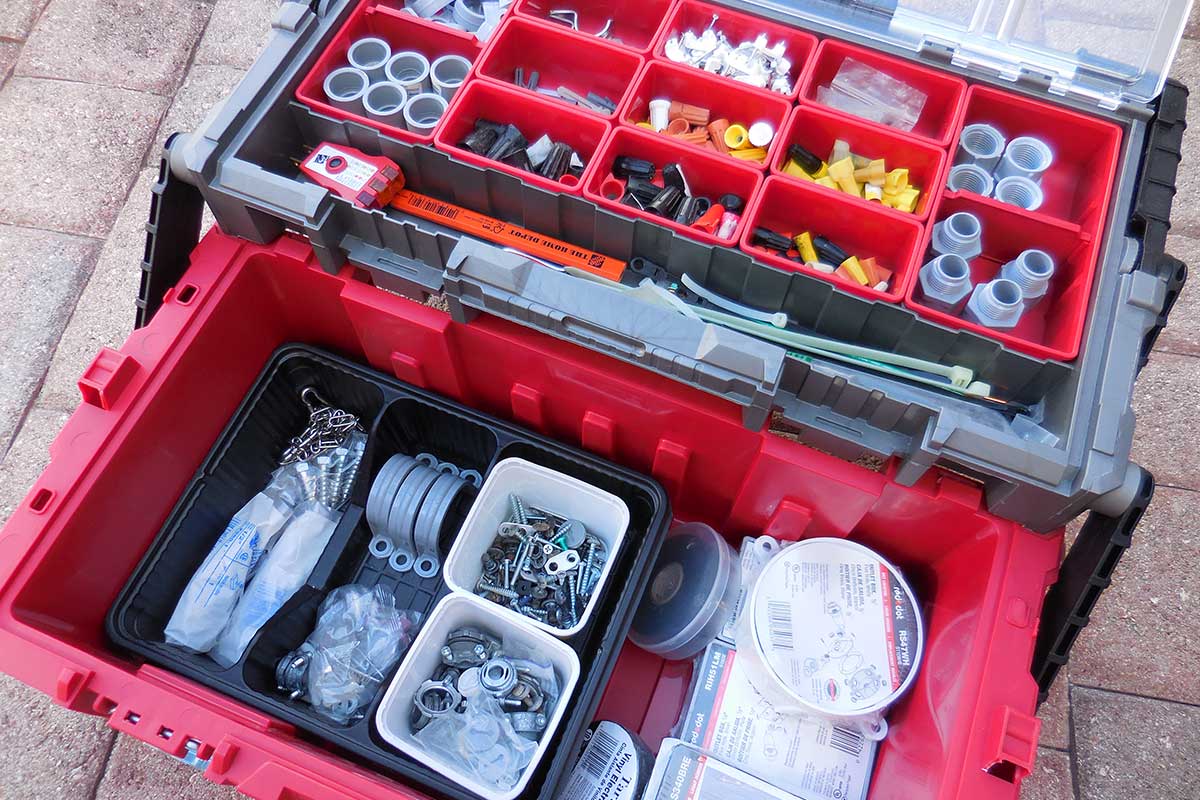
04-26-22-Tools-American-Cop-4-800
Preparedness is all about expanding your options. I usually encourage people to initially focus on the basics – food, water, first aid, medical, sanitation/hygiene, self-defense/security, knowing when to stay put, and when to get out. After that, depending on the particular situation, maybe add some more advanced preps. All these things are essential, but it often seems that every time you finish one thing, there’s always something else to do. This, however, is not a bad thing. It means that your knowledge base, and preparations, are evolving to a higher level.
This article looks at an often overlooked but essential aspect of preparedness – the crucial tools, gear, and supplies you’ll need to make essential repairs quickly and efficiently before, during, and after a disaster or crisis. Even though every situation is different, and many of these preps may require some fine-tuning, the general categories will provide an overview of where you can get started.
TOOLS AND SUPPLIES
Many preppers already have various tools, supplies, gear, and spare parts. (Being self-sufficient requires having these things and knowing how to use them.) Where many of us are lacking, however, is in how much we have and the diversity of our inventory.
Think, for example, of the supplies you may need to secure a damaged door, window, or roof, or maybe to stop a water leak, a broken electrical fixtures/connection, or some other unforeseen situation that can’t wait.
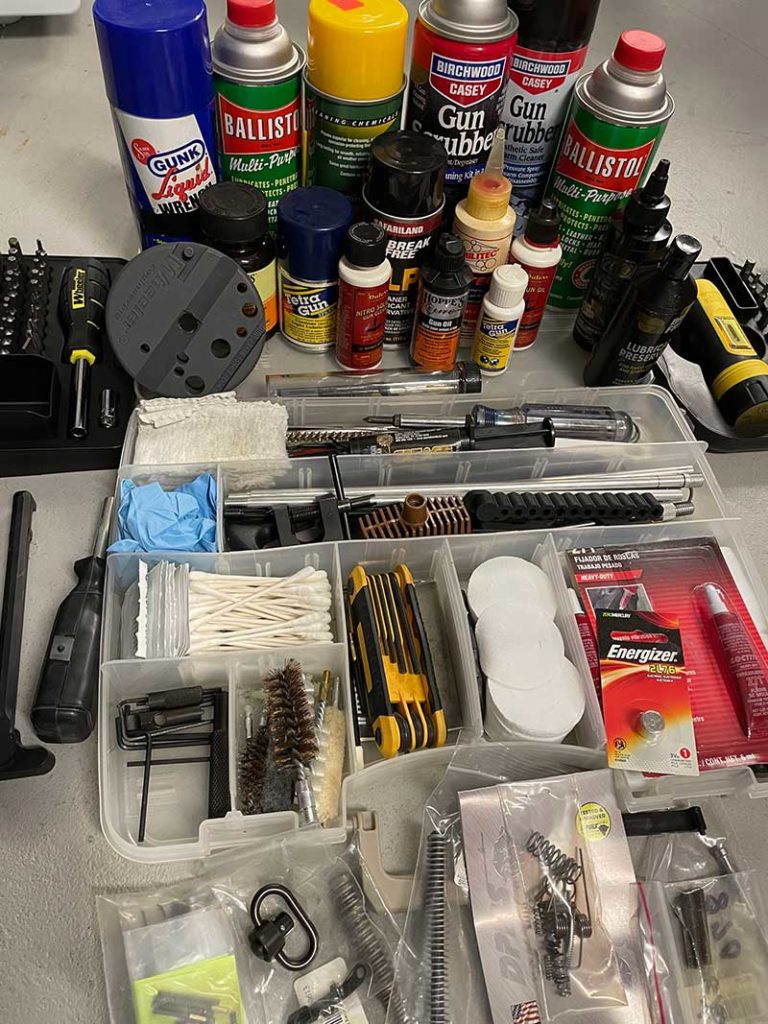
Spare parts, solvents, lubricants and cleaners can be the difference between keeping your firearms operation, and losing a valuable piece of gear to something as simple as a broken spring. Maintain a generous supply of parts and the products necessary to keep your firearms functioning.
If it’s a task that must be done, most of us will usually find a way to improvise and do the best we can with whatever we have on hand. But, this is not only highly ineffective, but it can also be downright dangerous. Having the proper tools, supplies, and equipment will make you more secure and increase your chances for survival, but it will also increase your safety in the situation.
THE SPARES
Like every vehicle has a spare tire, every home must have spare, even redundant parts, tools, and equipment. Although some of these things may seem commonplace, they may be in short supply or not available at all during a crisis. This is something you need to plan for. Below is a partial list of supplies and spare parts to have on hand.
• Fasteners: Keep an assortment of different types of fasteners. Recently, many hardware items have become difficult to source or have become very expensive – this seems to be the new “normal.” And if they’re difficult to obtain now, imagine how difficult it might be during a crisis. Fasteners are crucial for securing or fortifying damaged structures, windows, doors, etc. Do an inventory of what you have, and fill in the gaps. Buying supplies that you’re not going to use right away may seem like a waste of money, but when the time comes, and you need these things, you will be very grateful to have them.
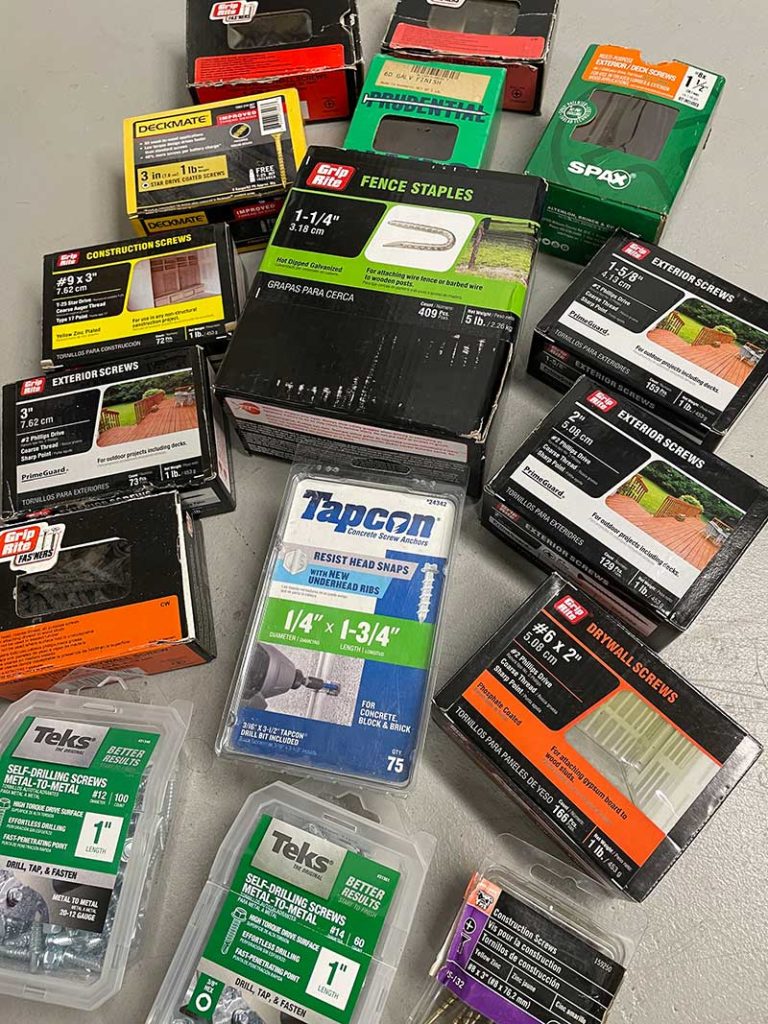
Fewer fasteners are available and they are getting more expensive and i. Do the best you can to secure a generous supply of general-use fasteners in various sizes and configurations.
• Plumbing: Spare parts to repair damaged or leaking pipes may be the difference between having flowing water and not having it. Worse yet, a flooded house may threaten your health, safety, gear, and food stores. Having the tools and supplies to make quick repairs and secure your home and water supply can significantly benefit you.

Spare parts, solvents, lubricants and cleaners can be the difference between keeping your firearms operation, and losing a valuable piece of gear to something as simple as a broken spring. Maintain a generous supply of parts and the products necessary to keep your firearms functioning.
• Electrical: Maintain a healthy supply of wire (in multiple gauges), switches, connectors, fasteners, electrical tape, extra circuit breakers, bulbs, and any other accessories you may anticipate needing in your particular circumstances. Electrical repairs are a big deal and can easily make or break many other aspects of your survival plan.
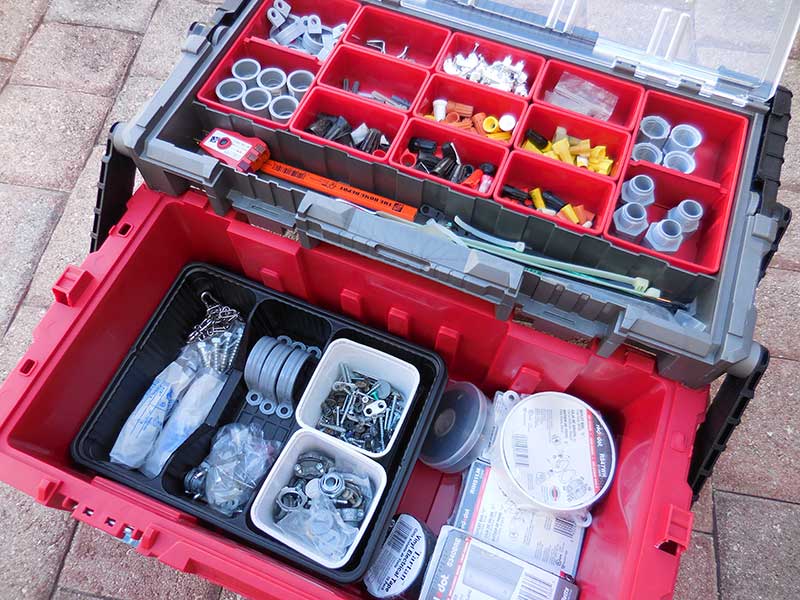
Electrical repairs require the proper tools, gear and supplies. Having spare parts, and the correct tools makes it far easier and definitely safer.
• Tools: Having proper tools is critical during any situation, but especially during a crisis. Whether clearing away storm debris, repairing or securing a damaged structure, or setting up perimeter defenses, tools can be a force multiplier. Make sure to have a wide selection of various tools, and also make sure to have redundancy. Having just one shovel, and breaking the handle on day one, leaves you with nothing. Plan ahead and sock away the most commonly used tools with the appropriate back-ups. Storing extra handles and fasteners will also serve you well.
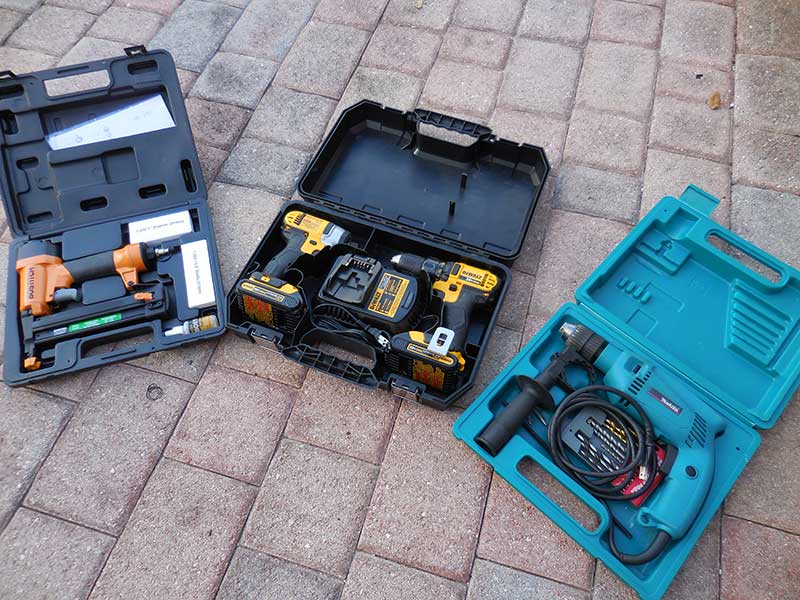
Maintain a variety of tools for whatever the need. Battery powered tools are easier to use since there’s no cord to drag around, and they still work even if the power is out. Keep all your battery operated tools fully charged, and ready to go.
• Fluids: Think oils, solvents, cleaners, lubricants, etc. Imagine you are in the middle of a power outage and running a generator, a chainsaw, or some other fossil fuel-powered piece of equipment. At some point, you will need to either add or change the oil completely. Failing to do this may cause irreparable damage to your equipment or take it out altogether. While having fuel is critically important, so is having all the other fluids that will keep your machinery running for however long the crisis lasts.
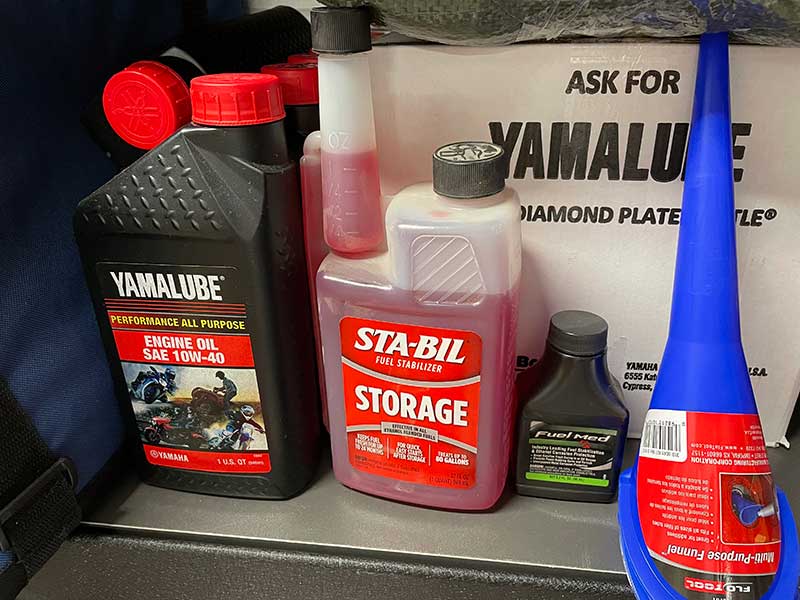
Lubricants are the lifeblood of most internal combustion engines. You can easily lose the use of a valuable piece of gear because of an issue with the oil/lubricant. Take an inventory of what you need, and get it now. Make sure to secure a lot more than you may anticipate needing.
• Guns: Many people include firearms in their security & self-defense plans, and you absolutely should. Make sure to store extra ammunition and all the other necessary accessories. But, as we all know, most modern firearms have many small moving parts, all of which are necessary for the proper and safe operation. Unfortunately, it only takes one broken spring to remove your firearm from service. Storing an inventory of the most common parts allows you to perform a quick repair. Research your particular brand and model, and stock up on the necessary parts. These parts are often inexpensive, but they will be worth their weight in gold during a crisis. Also doesn’t hurt to have spare firearms.
This list is not all-inclusive. There are, of course, more items than we could have included. But, every situation is different, and how each person prepares will be driven by their particular set of circumstances. Use the above categories as a general starting point, but make sure to evaluate your needs well before any crisis and adjust your preparations accordingly.
WRAP-UP
Preparedness is about doing the best you can to be ready for whatever circumstances life throws your way, no matter how difficult or unexpected. Although you should address food, water, and all the other basics first, there is much more you can do to ensure you’re in the best possible shape. Having the proper tools, gear, equipment, and supplies will ensure that you have what you need to make essential repairs quickly and efficiently before, during, and after a disaster or crisis.
Stay safe and be prepared.
ABOUT THE AUTHOR
Richard is a practicing attorney, an urban survival consultant, writer, firearms enthusiast, and freedom loving American patriot. He’s the author of Surviving Doomsday: A Guide for Surviving an Urban Disaster, and The Quick Start Guide for Urban Preparedness. Richard’s books are available at Amazon and other fine retailers. You can connect with Richard on Twitter @SurvivingDoomsd
DISCLAIMER
The general material provided is for informational purposes only. Any use of the general information contained in this article shall be solely at the reader’s risk. (Richard Duarte – American Cop)
